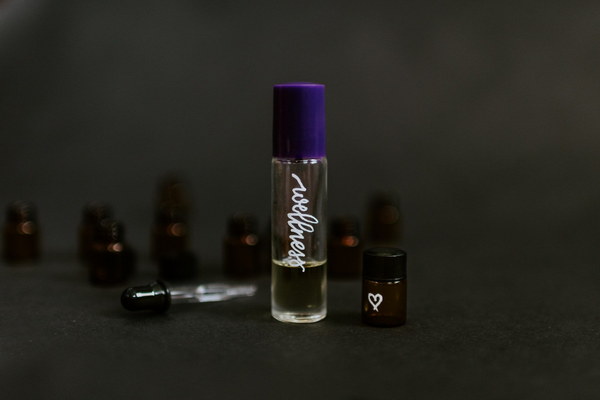Can Ginger Combat Both Cold and Dampness Exploring Its Therapeutic Properties
Ginger, a popular spice with a long history of use in traditional medicine, has been revered for its numerous health benefits. One of the most intriguing questions regarding ginger's therapeutic potential is whether it can effectively address both cold and dampness, two common imbalances in the body. In this article, we will delve into the properties of ginger and explore its potential to alleviate these conditions.
Understanding Cold and Dampness
Before we can ascertain whether ginger can combat both cold and dampness, it's essential to understand these imbalances.
Coldness refers to a condition where the body's energy, or qi, is depleted or stagnated, leading to symptoms such as fatigue, weakness, and a preference for warmth. Coldness can be caused by external factors like cold weather, as well as internal factors like poor diet or insufficient exercise.
Dampness, on the other hand, is the accumulation of excess fluid in the body, which can be caused by excessive moisture in the environment, overeating, or certain health conditions. Dampness can manifest as symptoms like water retention, bloating, and a feeling of heaviness.
Ginger's Therapeutic Properties
Ginger has been used in traditional medicine, particularly in Chinese and Ayurvedic systems, to treat a variety of ailments. Here are some of the properties that may make ginger beneficial in addressing cold and dampness:
1. Warming Effects: Ginger has warming properties that can help to increase blood circulation and promote the movement of qi. This can be particularly useful in cases of coldness, as it helps to dispel the cold energy from the body.

2. Anti-inflammatory Properties: Ginger contains compounds like gingerol and shogaol, which have been shown to have anti-inflammatory effects. This can help reduce the inflammation associated with dampness.
3. Diuretic Effects: Ginger has diuretic properties, meaning it can encourage the body to expel excess fluid. This can be beneficial in cases of water retention and dampness.
4. Stomach Soothing: Ginger is known for its ability to soothe the stomach and improve digestion. This can be helpful in addressing the digestive issues that sometimes accompany dampness.
Can Ginger Combat Both Cold and Dampness?
Given ginger's therapeutic properties, it seems plausible that it could help combat both cold and dampness. Here's how it might address each condition:
- Coldness: The warming properties of ginger can help to increase blood flow, stimulate the body's metabolism, and dispel the cold qi, thereby alleviating symptoms of coldness.
- Dampness: Ginger's diuretic effects can help to reduce fluid retention, while its anti-inflammatory properties can help to combat the inflammation associated with dampness. Additionally, its stomach-soothing effects can aid in digestion, which is often compromised in cases of dampness.
Conclusion
While ginger is not a substitute for professional medical advice, its warming and diuretic properties, as well as its ability to soothe the stomach, suggest that it could be a valuable addition to a wellness regimen aimed at addressing both cold and dampness. Incorporating ginger into your diet or using it in herbal remedies may offer relief for those who suffer from these imbalances. As always, it's best to consult with a healthcare provider before starting any new treatment or dietary changes.









